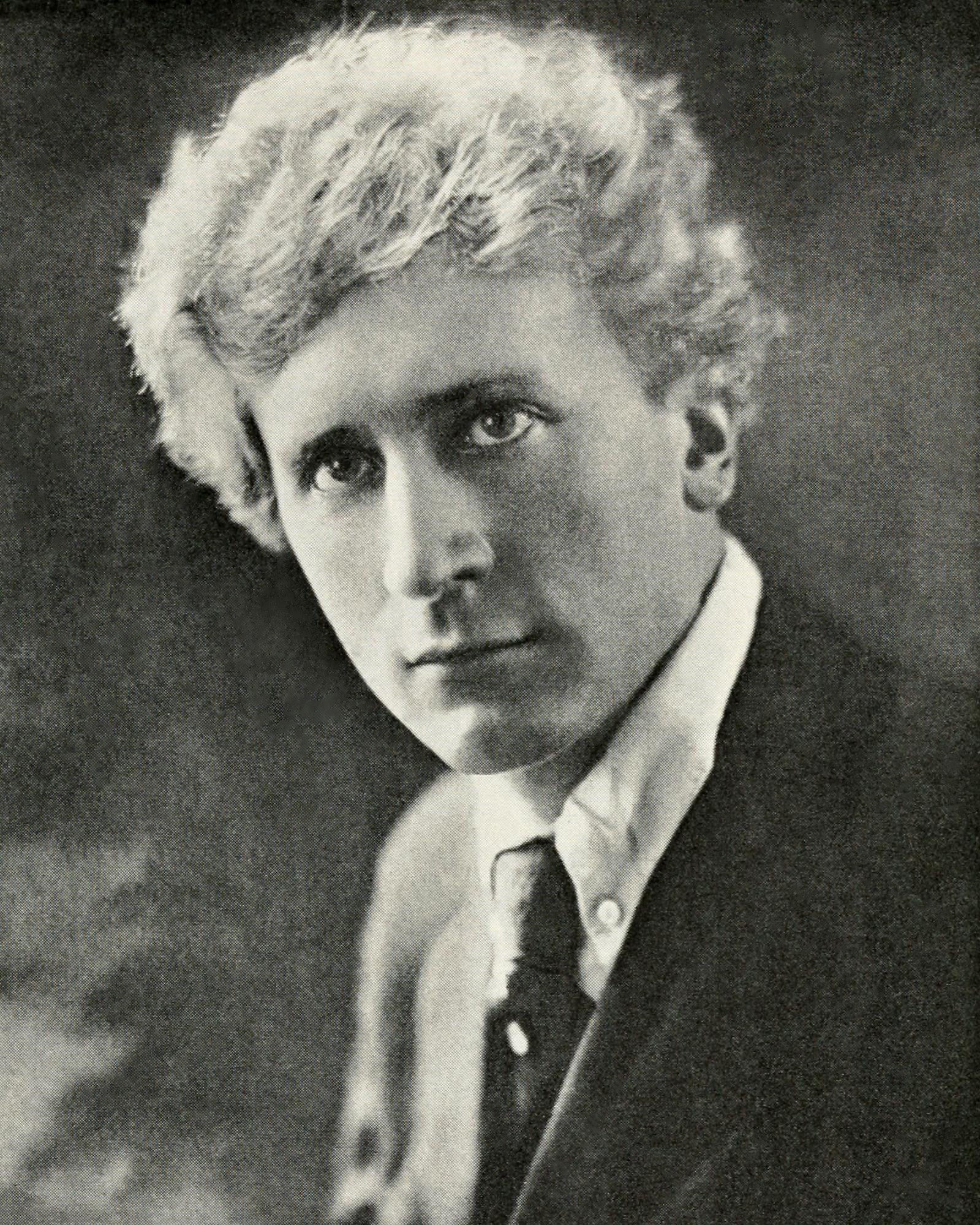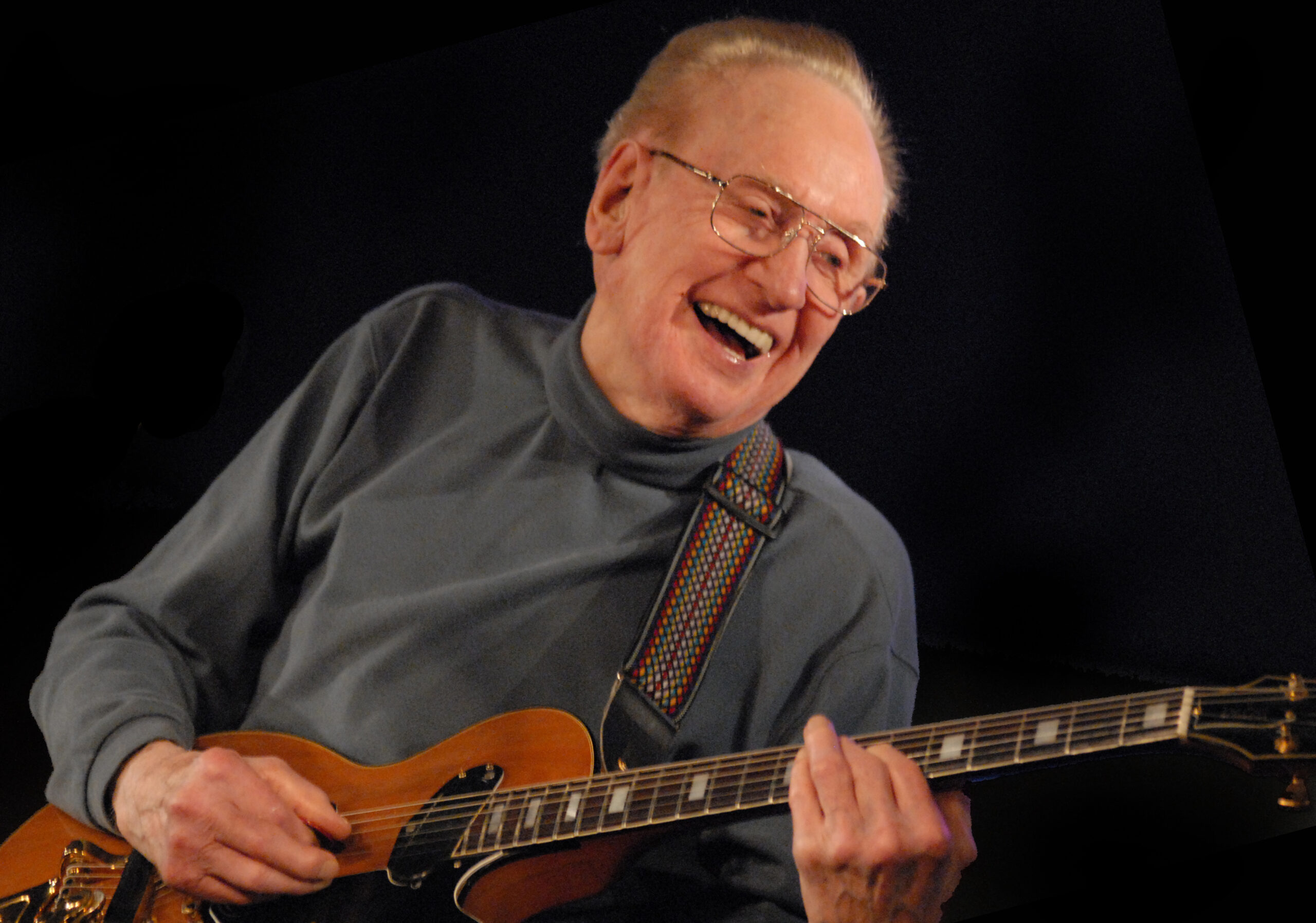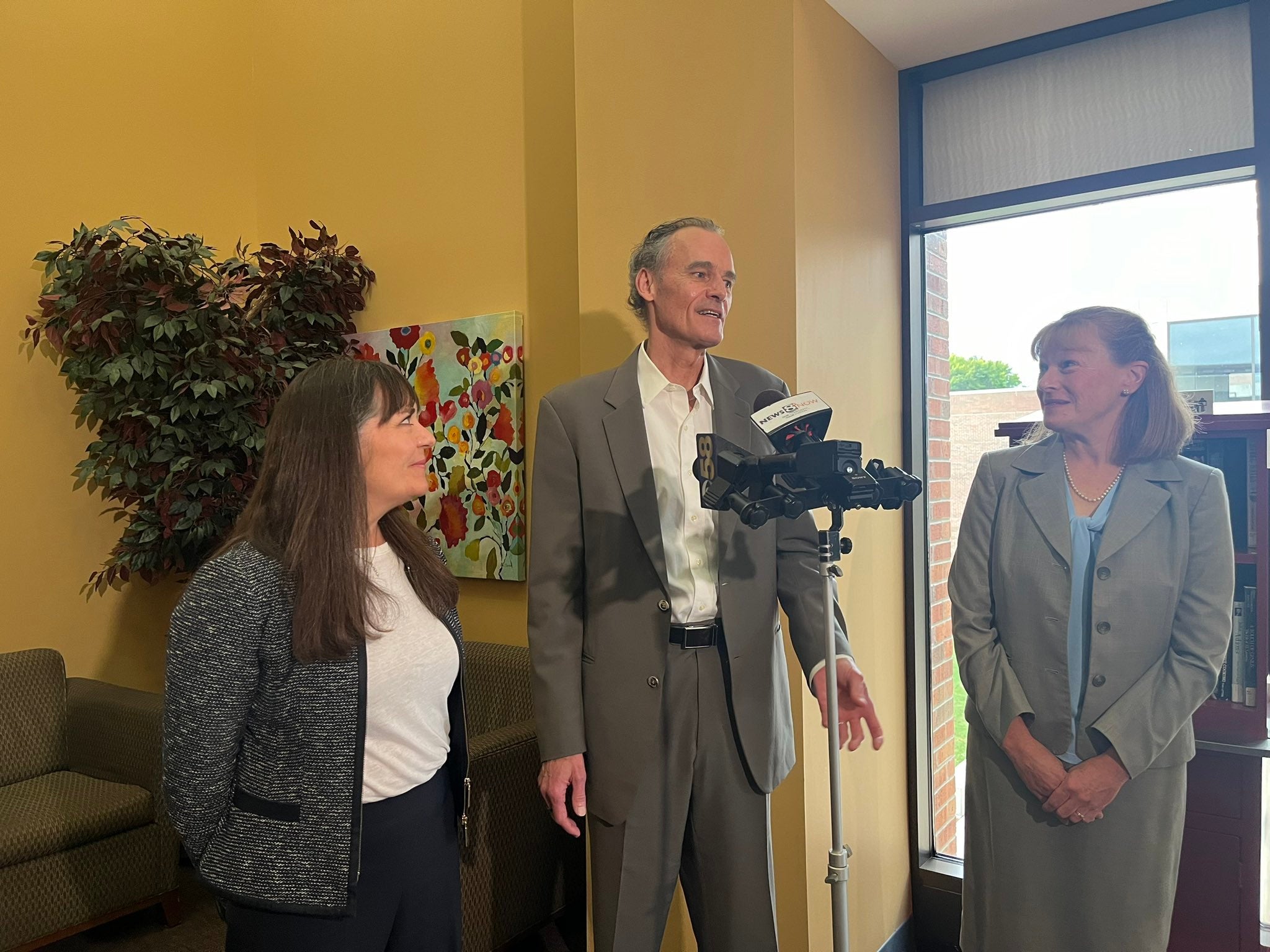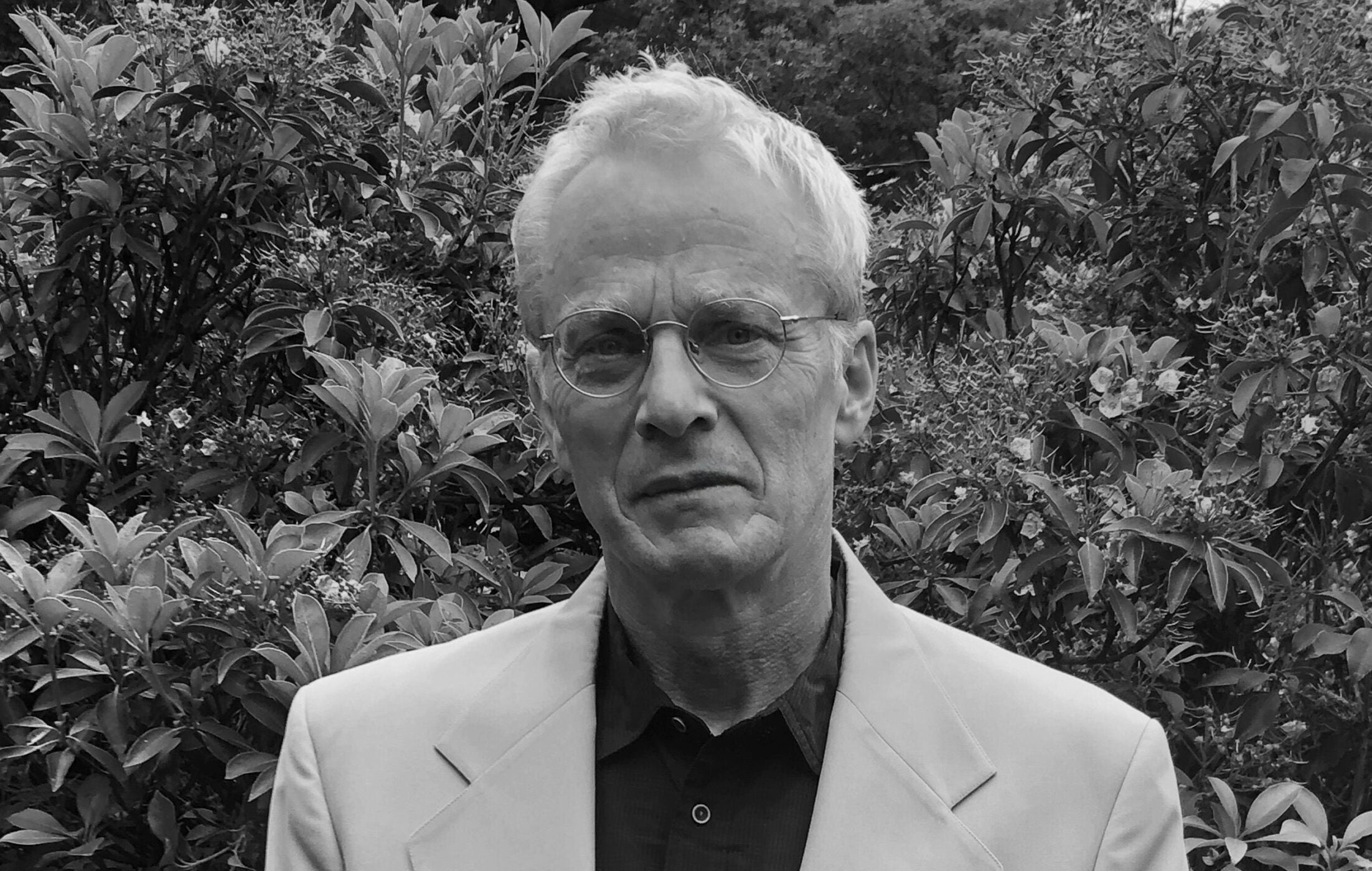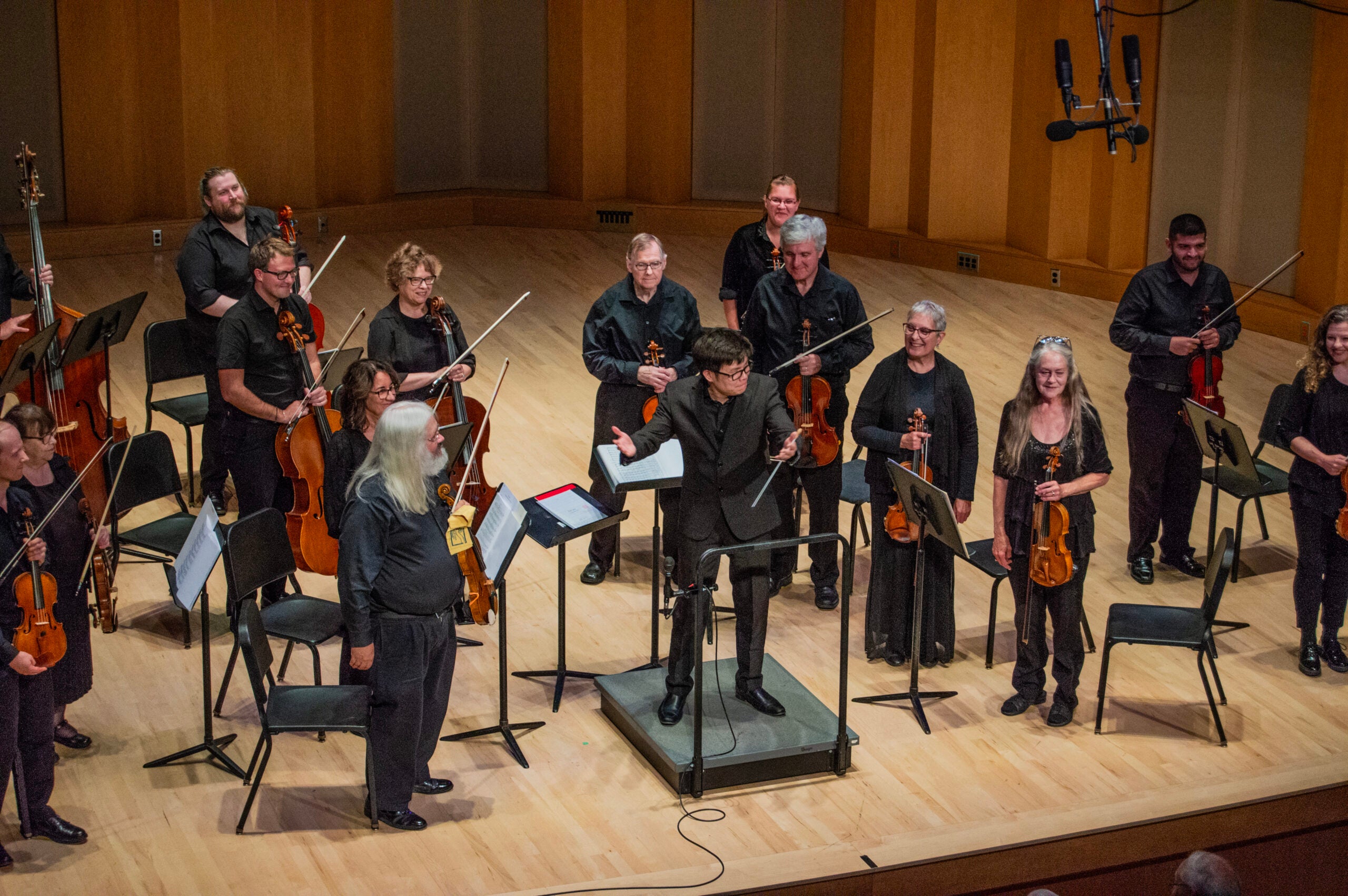An inspired composer and performer does not necessarily make an inspired teacher even at a great teaching facility. Percy Grainger was a square peg in a round hole during his years at the National Music Camp at Interlochen, Michigan.
Grainger had traveled far from his native Australia, gathering folk tunes and concertizing, by 1931 when he first visited Interlochen. By 1937 when he began teaching there, he was attracted to the quiet, and to the idea of not traveling, and he also found the salary appealing.
Grainger and his wife Ella lived in a cabin within earshot of the band shell. The days were long–private teaching from eight in the morning until 6:30 in the evening. Evening rehearsals until ten o’clock. Then Grainger would often practice until one or two in the morning.
Stay informed on the latest news
Sign up for WPR’s email newsletter.
Grainger was popular with the students, although the music he chose to teach was not. He remarked that he felt like “a lonely old crow on the bough.” He complained of being unable to find a talented student. He was perplexed by the emphasis on developing piano technique–which came to him naturally. He summarized his position to one student by saying, “You can get more keyboard skill out of Bach’s 48 Preludes and Fugues than out of a boatload of studies by tone-deaf nit-wits like Czerny.”
Another student persisted in playing a piano passage faster than he was capable, explaining that he had heard Horowitz play it “like a blue streak in his recording.” Grainger dismissed the phenomenon by saying, “There likely wasn’t room on the recording at the right speed, so he had to hurry it up.”
Finally the teaching and rehearsing got to be too strenuous, and Grainger became increasingly disillusioned with the staff and students at Interlochen. It was simply not the place for him. After his last summer there in 1944, he vowed, “I shall never teach again.” His wife echoed his sentiments by commenting, “It would have been so nice there if it wasn’t for all those horrible children.”
Wisconsin Public Radio, © Copyright 2025, Board of Regents of the University of Wisconsin System and Wisconsin Educational Communications Board.
